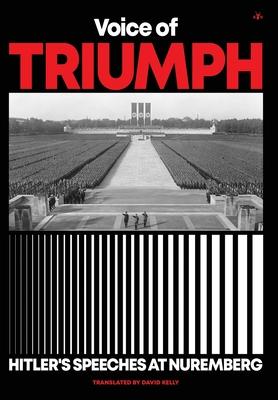Nuremberg has served for centuries as a hub of political life in Germany. In the day of the Holy Roman Empire, Nuremberg boasted the high status of a Free Imperial City and hosted several important Imperial Diets, or Reichstage. The National Socialists framed themselves and their new Germany as the inheritors and successors of Germany's rich political and cultural history stretching back to this first Empire, in which Nuremberg's magnificent medieval old town stood out as an important symbol.
Today, the city's name is for many almost synonymous with the NSDAP's annual rallies held there from 1933 to 1938, immortalized in the iconic cinematography of Leni Riefenstahl's Triumph of the Will. The mere mention of it conjures images of red banners raised to the sky, and endless ranks of brown-shirted stormtroopers standing at attention.
Of course, no picture of National Socialist Germany would be complete without the presence of Adolf Hitler, who as a historical personage looms large over the entirety of the Twentieth Century. At the Party Congresses in Nuremberg, Hitler's renowned skill at public speaking and the almost mystical gravitas he commanded stood front and center. These speeches provided an important setting from which he extolled on the Party's goals and accomplishments for the new year, as the National Socialist revolution rapidly transformed Germany from a battered and exhausted nation into an ambitious rising power in world affairs.
It is with great honor that Antelope Hill Publishing presents Voice of Triumph: Hitler's Speeches at Nuremburg. Within the pages of this book is a quintessential chapter of history from the most influential politician of the twentieth century, according to friend and foe alike.
